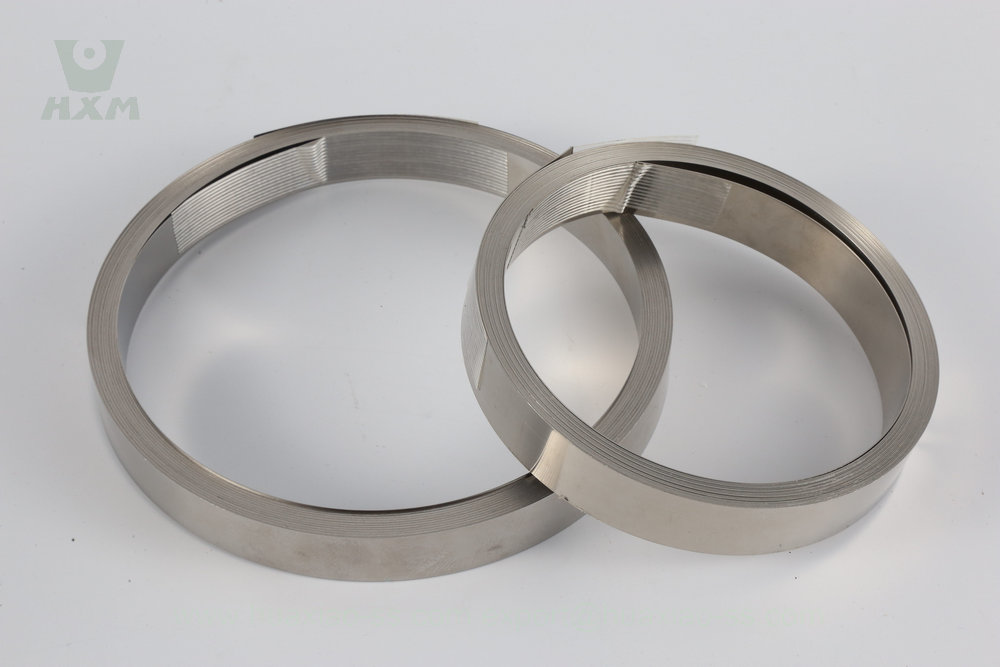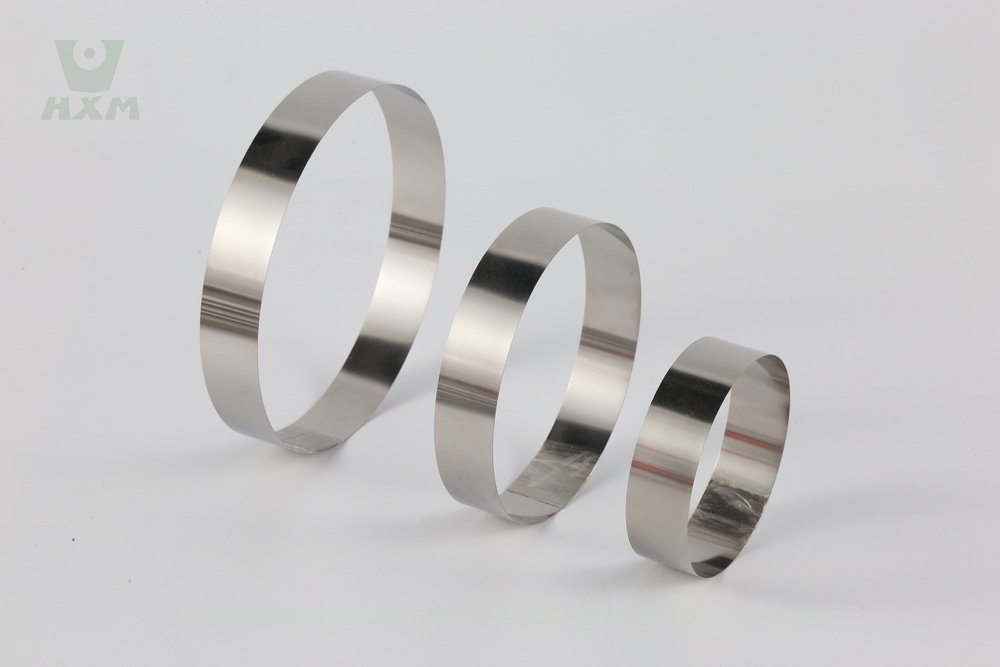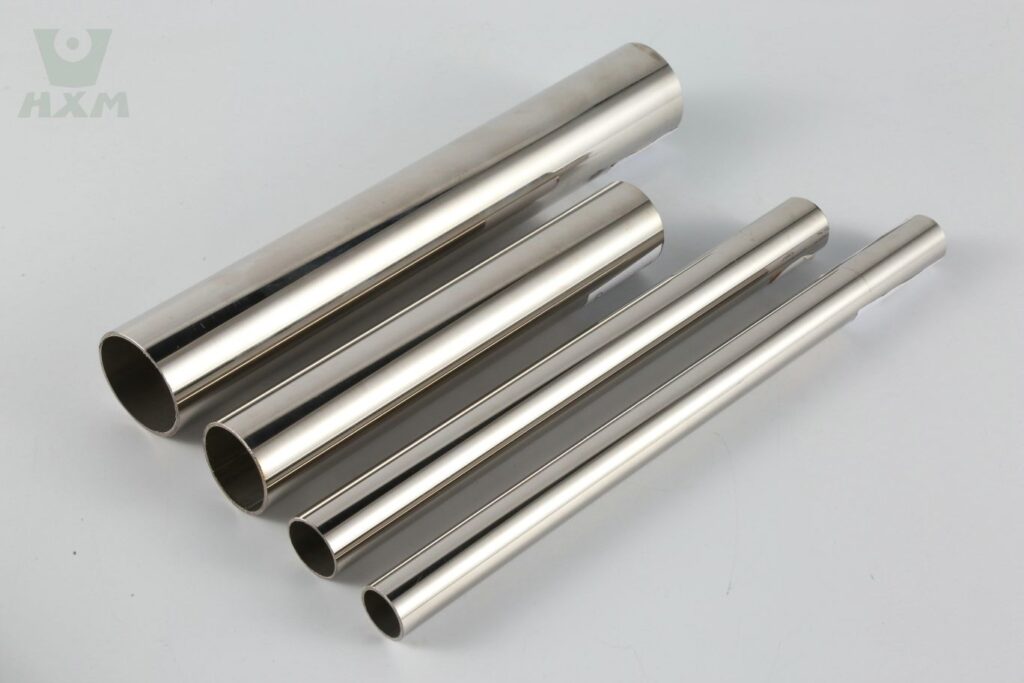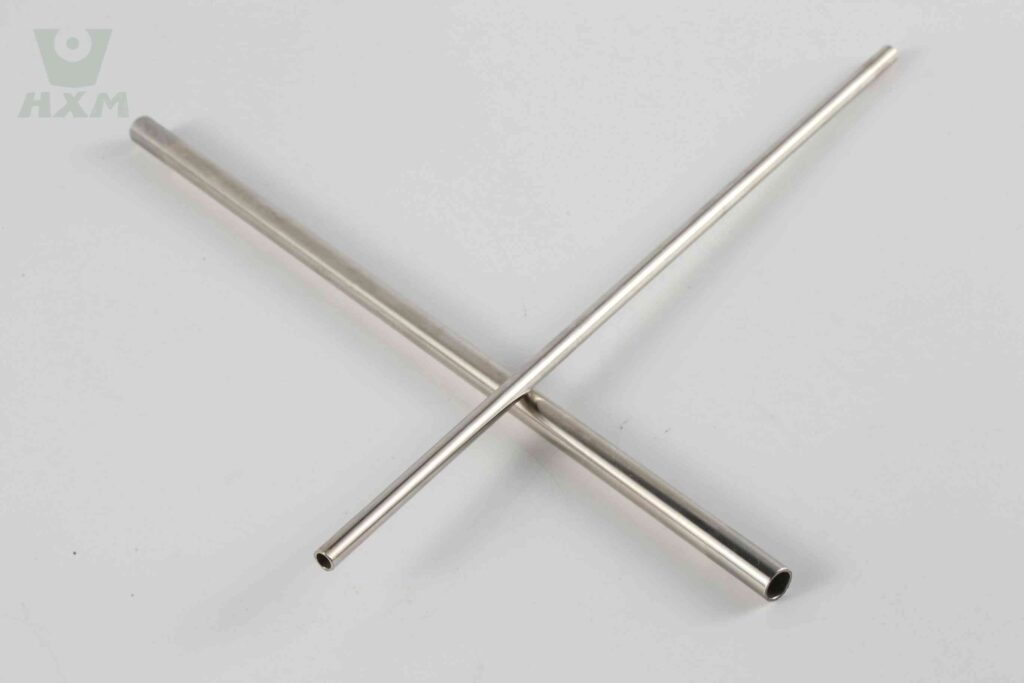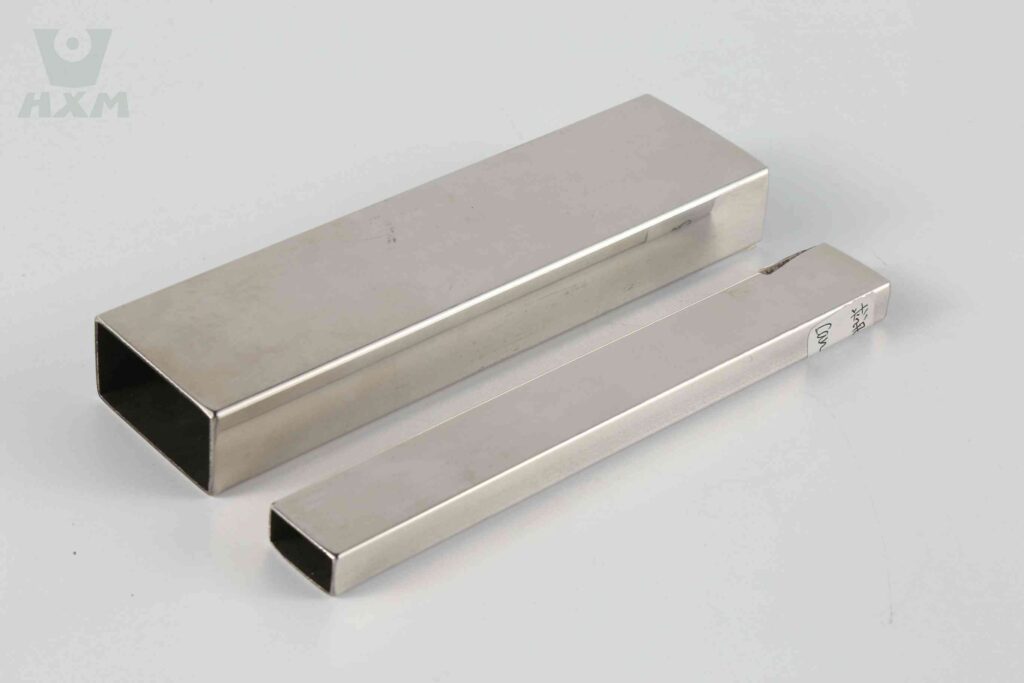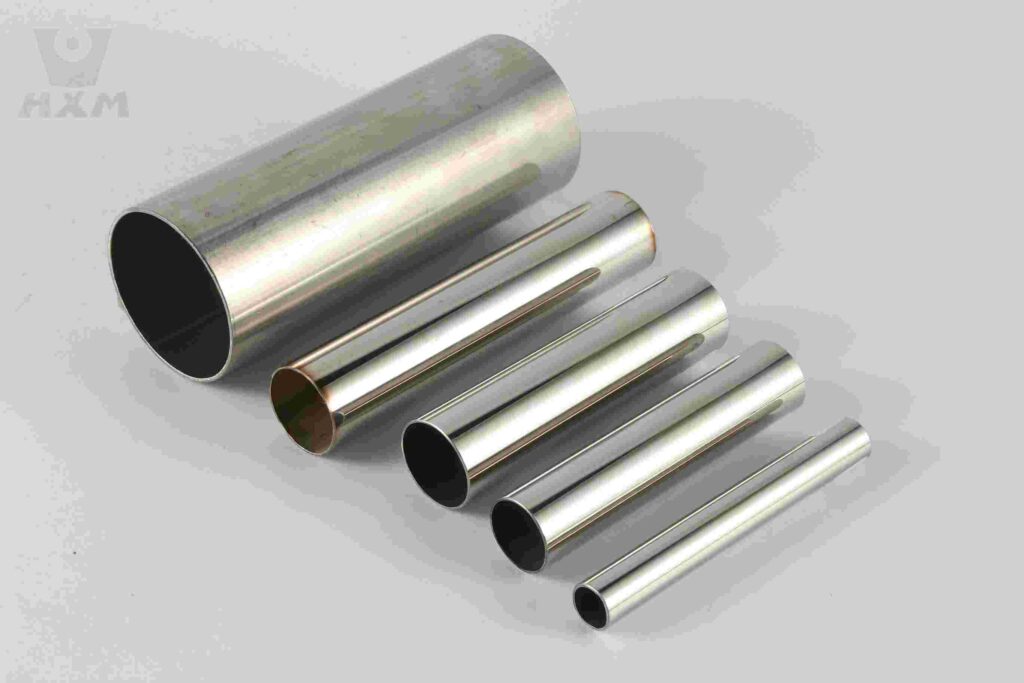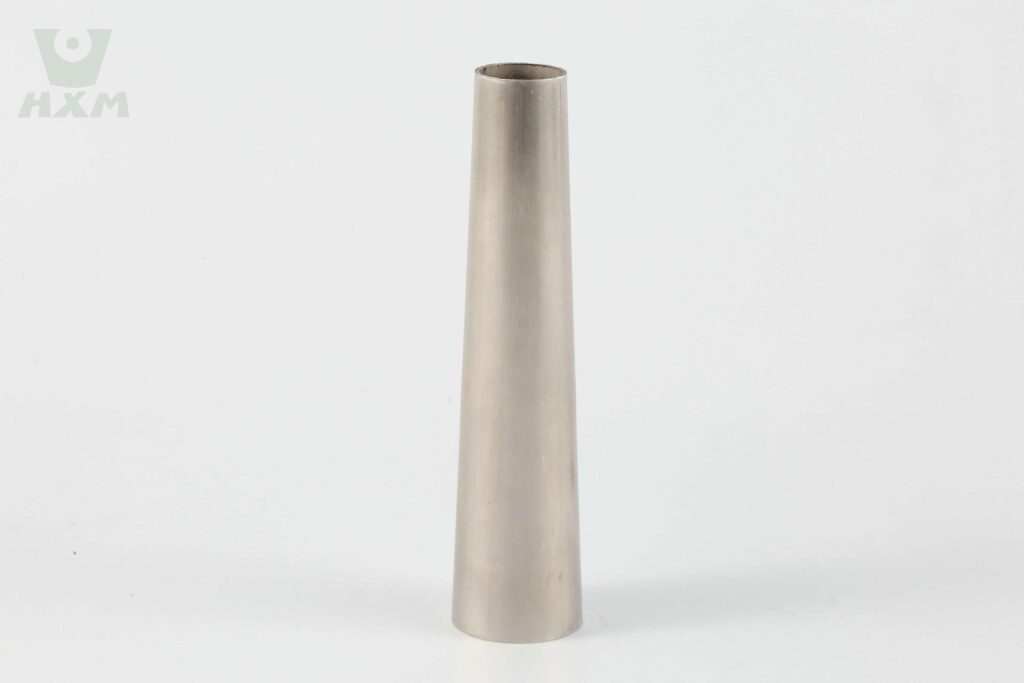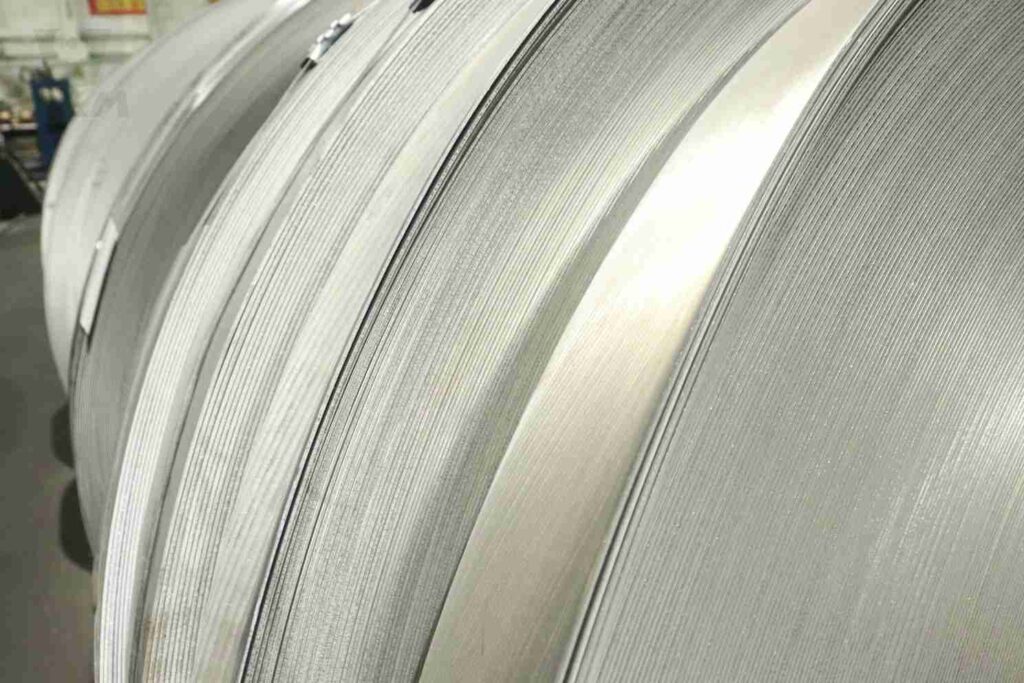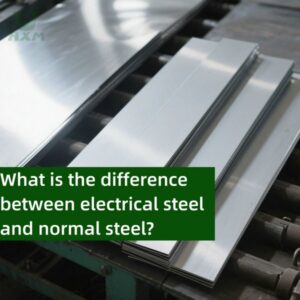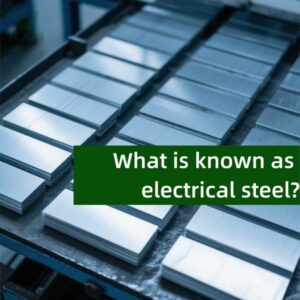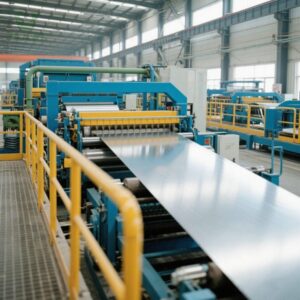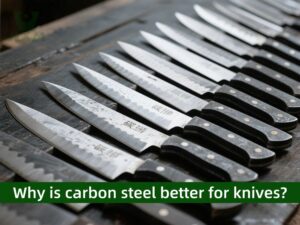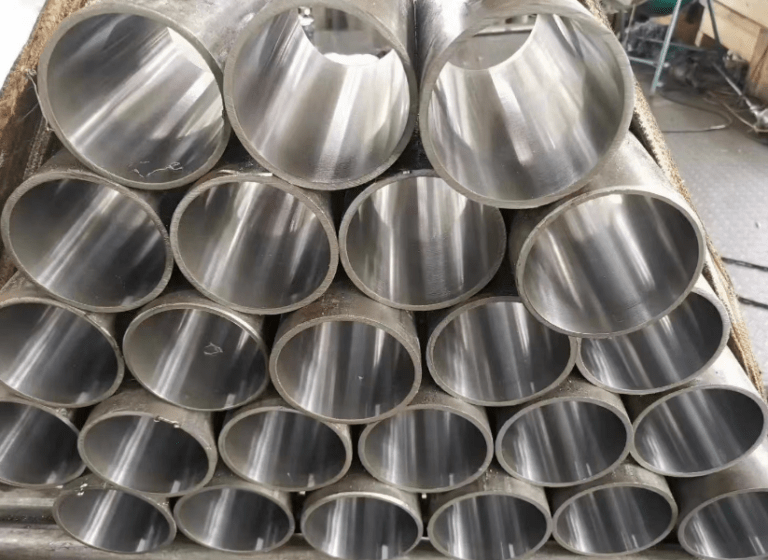
In the realm of advanced engineering materials, Hastelloy C276 vs Titanium stands out as two exceptional alloys with distinct properties and applications. As a seasoned expert in metallic materials from Huaxiao Alloy, having years of experience working with Hastelloy and various other alloys, I’ll delve into the intricacies of these two alloys, comparing their characteristics, performance, and uses in various industries.
Hastelloy C276 vs Titanium – introduction
Hastelloy C276, a nickel-chromium-molybdenum alloy, is renowned for its unparalleled corrosion resistance. This alloy is specifically designed to withstand attack from a wide range of corrosive media, including oxidizing acids, reducing acids, and various salt solutions. Its excellent corrosion resistance is attributed to the presence of molybdenum and chromium, which form protective oxide films on the alloy’s surface. Additionally, Hastelloy C276 exhibits exceptional resistance to stress corrosion cracking and crevice corrosion, making it a reliable choice for demanding environments.
On the other hand, Titanium is a lightweight, strong, and corrosion-resistant metal. Its unique properties stem from its high melting point, excellent mechanical strength, and ability to form stable oxides. Titanium is highly resistant to corrosion in seawater, chlorine, and many other aggressive environments. Its strength-to-weight ratio is superior to many other metals, making it an ideal material for weight-sensitive applications such as aerospace components.
Let’s delve deeper into the key differences between Hastelloy C276 and Titanium.
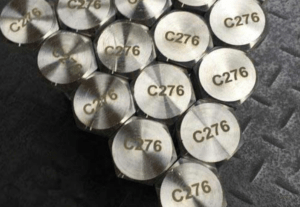
Hastelloy C-276 belongs to nickel-molybdenum-chromium-iron-tungsten nickel-based alloy, which is one of the most corrosion-resistant modern metal materials.
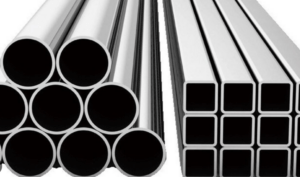
Hastelloy X is a nickel-based superalloy known for its exceptional high-temperature strength and oxidation resistance.
Hastelloy C276 vs Titanium – Corrosion Resistance
Hastelloy C276 excels in environments where strong acids and oxidizing agents are present. Its corrosion resistance is particularly noteworthy in hydrochloric acid, sulfuric acid, and phosphoric acid, making it a preferred material for chemical processing equipment and pollution control devices. Titanium, on the other hand, is known for its excellent corrosion resistance in seawater and other chloride-containing environments. It is widely used in marine applications, such as shipbuilding and offshore drilling equipment, due to its ability to withstand the corrosive effects of saltwater.

Hastelloy C-276 belongs to nickel-molybdenum-chromium-iron-tungsten nickel-based alloy, which is one of the most corrosion-resistant modern metal materials.

Hastelloy X is a nickel-based superalloy known for its exceptional high-temperature strength and oxidation resistance.
Hastelloy C276 vs Titanium – Mechanical Properties
Hastelloy C276 possesses good ductility and toughness, enabling it to withstand deformation and impact without fracturing. It also exhibits excellent fatigue resistance, making it suitable for dynamic loading conditions. Titanium, with its high strength and low density, offers exceptional strength-to-weight ratios. This property is crucial in aerospace applications where weight reduction is crucial for improving fuel efficiency and performance.
Hastelloy C276 vs Titanium – Temperature Resistance
Hastelloy C276 maintains its corrosion resistance and mechanical properties at elevated temperatures, making it suitable for high-temperature applications such as heat exchangers and furnace components. Titanium, too, can withstand high temperatures, but its oxidation resistance is limited in comparison to Hastelloy C276 in certain oxidizing environments.
Hastelloy C276 vs Titanium – Cost and Availability
Titanium is relatively scarce and expensive to produce, limiting its use to specific high-value applications. Hastelloy C276, on the other hand, while not as common as some other alloys, is widely available and its cost is generally more manageable for a broader range of applications.
Hastelloy C276 vs Titanium – Applications
The applications of Hastelloy C276 and Titanium overlap in some areas but also diverge significantly. Hastelloy C276 is a common choice for chemical processing equipment, pollution control devices, and oil and gas production components due to its excellent corrosion resistance in acidic and oxidizing environments. Titanium, on the other hand, finds widespread use in marine applications, aerospace components, and medical implants due to its corrosion resistance in chloride-containing environments, high strength-to-weight ratio, and biocompatibility.
Why Choose Huaxiao Alloy?
In conclusion, Hastelloy C276 and Titanium are two outstanding alloys with unique properties and applications. Hastelloy C276 excels in corrosive environments containing acids and oxidizing agents, while Titanium shines in marine, aerospace, and medical applications due to its corrosion resistance in chloride-rich environments, high strength, and biocompatibility. Understanding their differences and selecting the appropriate alloy for a given application is crucial for ensuring optimal performance and durability.
Thank you for reading our article and we hope it can help you to have a better understanding of the differences between Hastelloy C276 vs Titanium. If you are looking for Hastelloy C276 suppliers and manufacturers online now, we would advise you to visit Huaxiao Alloy.
As a leading supplier of high-performance alloys from Shanghai China, Huaxiao Alloy offers customers high-quality Hastelloy B3 & C276, Hastelloy C4 & C22, Hastelloy G50 Alloy, Hastelloy D205, Hastelloy G30 (UNS N06030), Hastelloy C-2000, and Hastelloy X alloy at a very competitive price.

Hastelloy C-276 belongs to nickel-molybdenum-chromium-iron-tungsten nickel-based alloy, which is one of the most corrosion-resistant modern metal materials.

Hastelloy X is a nickel-based superalloy known for its exceptional high-temperature strength and oxidation resistance.
Advantages of Hastelloy C-276:
- Corrosion Resistance: Hastelloy C-276 is renowned for its outstanding resistance to a wide variety of chemical environments, including strong oxidizers such as ferric and cupric chlorides, hot contaminated media (organic and inorganic), chlorine, formic and acetic acids, acetic anhydride, and seawater and brine solutions.
- Versatility: It can be used in multiple environments that typically cause premature failure in most other metals.
- Durability: It is highly resistant to pitting and crevice corrosion, making it suitable for environments where these are a concern, like marine and chloride-containing environments.
- High-Temperature Resistance: It can withstand high temperatures and is suitable for use in furnaces and other high-temperature applications.
Difference between Titanium and Alloy:
- Material Composition: Titanium is a chemical element (a metal) noted for its strength, lightweight, and high corrosion resistance. An alloy is a mixture of two or more elements, usually metals, designed to have specific properties not found in any single material.
- Applications: Titanium is often used in its pure form or as part of an alloy for applications demanding high strength-to-weight ratios, such as in aerospace, medical implants, and marine environments. Alloys can be tailored for a wide range of applications, depending on their composition.
Difference between Tantalum and Hastelloy:
- Resistance Properties: Tantalum is exceptionally resistant to acids at temperatures below 150°C and, unlike Hastelloy, can handle exposure to hydrochloric acid and nitric acid. Hastelloy C-276 is superior in handling a broader range of chemicals, especially at higher temperatures.
- Cost and Availability: Tantalum is generally more expensive and less available than Hastelloy, making Hastelloy a more cost-effective option for large-scale industrial applications.
There is no material known as Inconel C-276. The confusion might arise from the similar naming of Inconel (which is another group of nickel-chromium-based superalloys) and Hastelloy C-276. They are distinct in their composition and properties.
Alternative to Hastelloy C-276:
- Inconel 625: Often considered as an alternative due to its high strength and excellent corrosion resistance in a wide range of acidic and chloride-containing environments.
- AL-6XN: A super-austenitic stainless steel with similar corrosion resistance to Hastelloy C-276 and often used as a less expensive alternative.
Which is better, Inconel or Hastelloy?
- The choice between Inconel and Hastelloy depends on the specific environmental conditions and the required properties of the application. Inconel alloys generally offer better thermal stability and resistance to oxidation at high temperatures, making them ideal for heat-treating equipment, jet engines, and nuclear engineering. Hastelloy alloys provide superior chemical resistance, making them better for chemical processing, pollution control, and applications involving highly corrosive environments.

